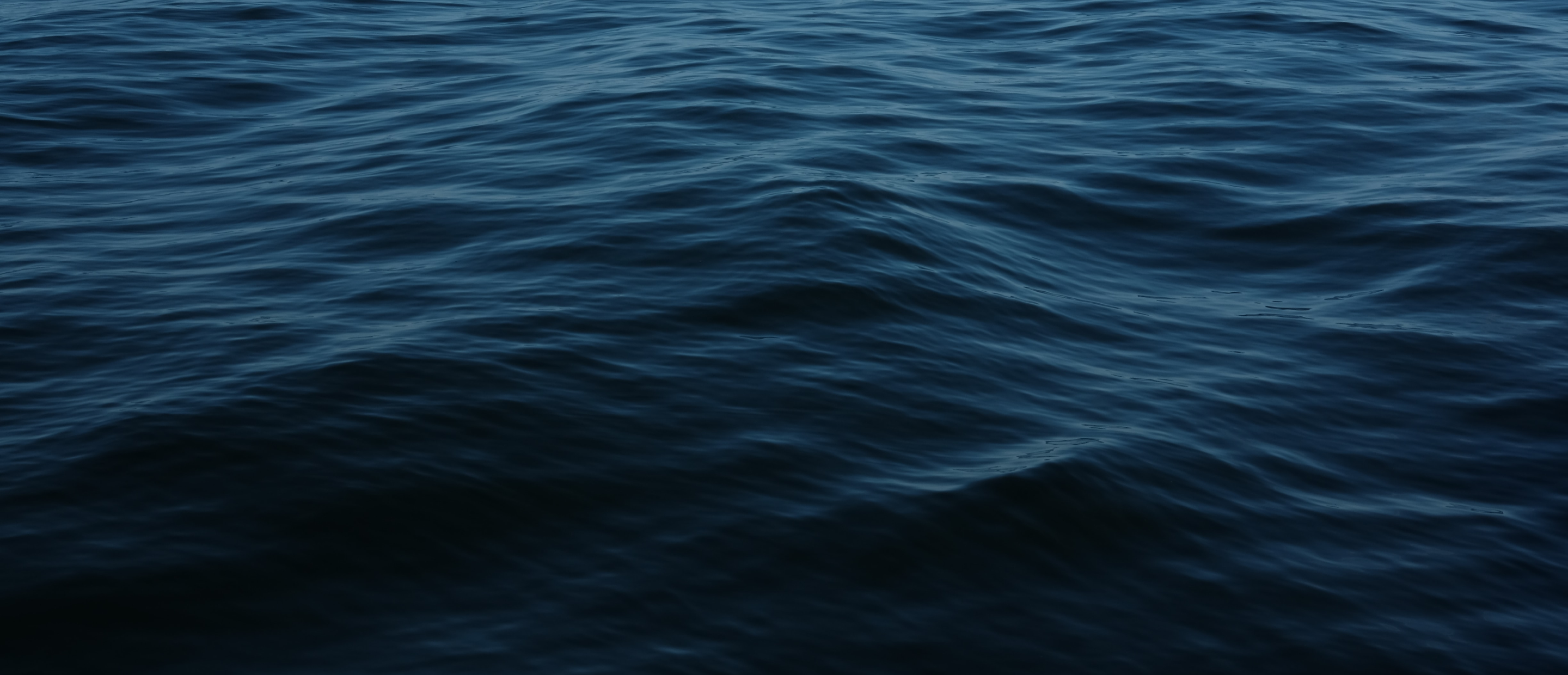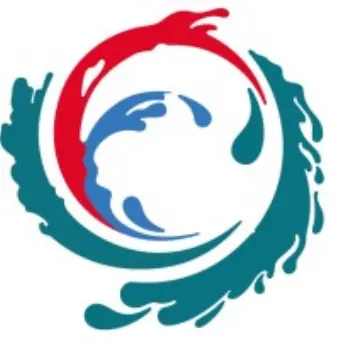Ocean Job Board


Ocean Risk and Resilience Action Alliance
At ORRAA, we work across sectors to develop finance and insurance products that invest in nature and people. By convening mission-aligned partners, we incubate promising ideas and provide the support needed to take them to market.
In 2020 we started working with the MesoAmerican Reef (MAR) Fund on one such idea. Today, this solution protects approximately 10,000 hectares of coral, enhances the resilience of more than two million coastal people, and secures more than USD$3.3 billion in annual reef-related income in the region.
This journey demonstrates how one small idea can trigger a cascade of innovative solutions rooted in local community needs and backed by a global coastal resilience vision. ORRAA’s model is intentionally designed to pilot and quickly replicate and scale. It is built for impact and focused on implementation action – building products that support resilient lives and livelihoods and help regenerate the Ocean ecosystems they depend on. It has become a blueprint that can replicate and scale.
Around the world, coastal communities are facing escalating ocean and climate risks — and the resilient natural assets that protect them, like coral reefs and mangroves, are feeling the heat. When extreme storms strike, they don’t just batter coastlines, they also tear through coral reefs, some of the most valuable and vulnerable ecosystems on Earth. Covering less than 0.1 percent of the Ocean, coral reefs are underwater cities providing a home to at least 25 percent of all marine species. However, as the world enters a new reality with temperatures beginning to exceed 1.5C, coral reefs are experiencing unprecedented mass bleaching, threatening the up-to 1 billion people around the world who rely on them for food, coastal protection, and livelihoods.
The incredible thing about nature is its ability to recover. These natural sea walls can reduce the impact of storm surges by up to 97 percent. But after a storm, debris from land, washing back-and-forth over the reef with the waves and tide can do even more damage than the storm itself. Quick action is essential to help reefs recover, but until recently, there was no reliable way to fund that response.
This led to a question: is it possible to insure marine ecosystems the same way we insure other assets?
Working with the MAR Fund, ORRAA helped assemble the technical, financial, and scientific pieces to answer this question, with a resounding yes! With strategically aligned partners in the room – from insurance brokers like WTW to local communities – this evolved from a single pilot to a portfolio of insurance products across four countries, scaled in Colombia, and now being replicated in Indonesia and several Caribbean islands.
The result: faster post-storm reef repair, more secure livelihoods, and a blueprint for nature-positive risk finance.
ORRAA launched at the 2019 UN Secretary General’s Climate Action Summit with a twin goal: to catalyse cross-sector collaboration and activate USD$500 million in investment to help build the resilience of 250 million climate-vulnerable coastal people in the Global South. One of our first investments, enabled with funding from the Government of Canada, was with founding members WTW and the Inter-American Development Bank (IDB). It was led by the MAR Fund to develop a parametric insurance product for coral reefs.
The first step was addressing the lack of data on the economic value of the MAR to the region. As its in-kind support to the Alliance, the IDB supported a groundbreaking study that did this. This is an example of how ORRAA works, leveraging the work of our members to develop nature-positive financial innovations. The study estimated that the reef provides annual environmental services worth USD$320 to $438 million in coastal protection, USD$183 million in reef-related fishing, and USD$3.9 billion in tourism.
ORRAA supplemented our initial investment with funding from the UK’s Blue Planet Fund to support research on select sites and develop the methodology behind the parametric trigger.
ORRAA also convened a Solution Lab – a convening to bring together a subset of Alliance members to help solve challenges and roadblocks. Co-hosted by MAR Fund and WTW, the Lab brought together ORRAA members and local MAR experts to develop reef response protocols and discuss key challenges such as securing premium financing.
The result: a regional parametric insurance instrument triggered by hurricanes that reach pre-agreed windspeed thresholds with payouts that are immediately distributed to local responders through MAR Fund’s Emergency Fund within 2 weeks post-hurricane. Pay-outs cover the costs of planned reef response supporting tourism workers to remove debris and replant corals at protected reef sites across the MAR.
The insurance product was launched in 2021 under the MAR Insurance Programme, with the MAR Fund as the policy holder and underwritten by AXA Climate. Initially covering reef sites in four protected areas, it has since expanded to cover reef sites in 10 protected areas in Mexico, Belize, Guatemala, and Honduras, from the 2023 hurricane season.
The programme is underpinned by investments in local reef response preparedness. Each MAR country developed a Reef Response Coordinating Committee – which brings together local authorities and reef stakeholders to coordinate planning and response. More than 200 community members have been trained and certified as Reef Guardians. Organised into Reef Brigades to conduct emergency reef response after a hurricane. Reef Guardians are also paid for their participation in reef response, providing an additional source of income after disruptive hurricanes; they also benefit from enhanced employability as a result of their training and certification.
The first pay-out was triggered on 2 November 2022 when Hurricane Lisa (a Category 1 storm) hit the covered reefs of the Turneffe Atoll in Belize. The USD$175,000 pay-out was rapidly available to finance reef response in the Turneffe Atoll Marine Reserve, covering 221 kms of reef and with 14 responders receiving supplementary income to implement response measures.
Overall, this solution protects approximately 10,000 hectares of coral, enhances the resilience of more than two million coastal people, and secures more than USD$3.3 billion in annual reef-related income in the region.
With proof in hand, ORRAA supported the MAR Fund to scale the product to the second largest reef system in the Caribbean, beginning in San Andrés, Providencia, and Santa Catalina archipelago, Colombia.
In 2020, a category 4 Hurricane (Iota) hit Providencia, damaging 98% of the island’s infrastructure, as well as critical ecosystems such as coral reefs. Taking the model from the MAR Fund, Fondo Accion developed the technical and human capacity for launching a parametric insurance product in the Archipelago. Collaborating with WTW, it developed a new parametric index attuned to local conditions. It also successfully built a Reef Emergency Response Network, ensuring that local communities are equipped with both the skills and resources to respond to reef damage following extreme weather events.
In August 2025, Fondo Accion launched the insurance product, underwritten by AXA Colpatria Seguros S.A., with premium financing provided by the Blue Action Fund.
Innovation waves continue, and ORRAA is now pivoting to replicate this approach in new geographies:
In Indonesia, ORRAA is supporting UNDP to design coral reef insurance tailored to the Gili Matra islands in Indonesia. With Swiss Re and in partnership with the Government of Indonesia, UNDP is creating parametric/hybrid insurance products to protect and restore coral reefs, while strengthening the financial resilience of communities dependent on reef-related sectors such as fishing and tourism.
Parametric triggers will be based on sea surface temperatures to protect coral reefs from bleaching events, a further innovation to expand parametric products to cover additional hazards. This has been accompanied by key work to establish enabling policy changes and establish a Marine Biodiversity Trust to hold and distribute funds from future insurance payouts.
ORRAA has also started working with the Caribbean Biodiversity Fund as part of a larger InsuResilience Solutions Fund initiative, to design and launch an insurance product to cover reef response activities in Dominican Republic, Jamaica, Saint Lucia, and Saint Vincent and the Grenadines. Critically, the MAR Fund is advising on this expansion to ensure lessons learned are shared as the community grows their portfolio of reef insurance products.
A quarterly round-up of news, highlights and opportunities from the Ocean Risk and Resilience Action Alliance